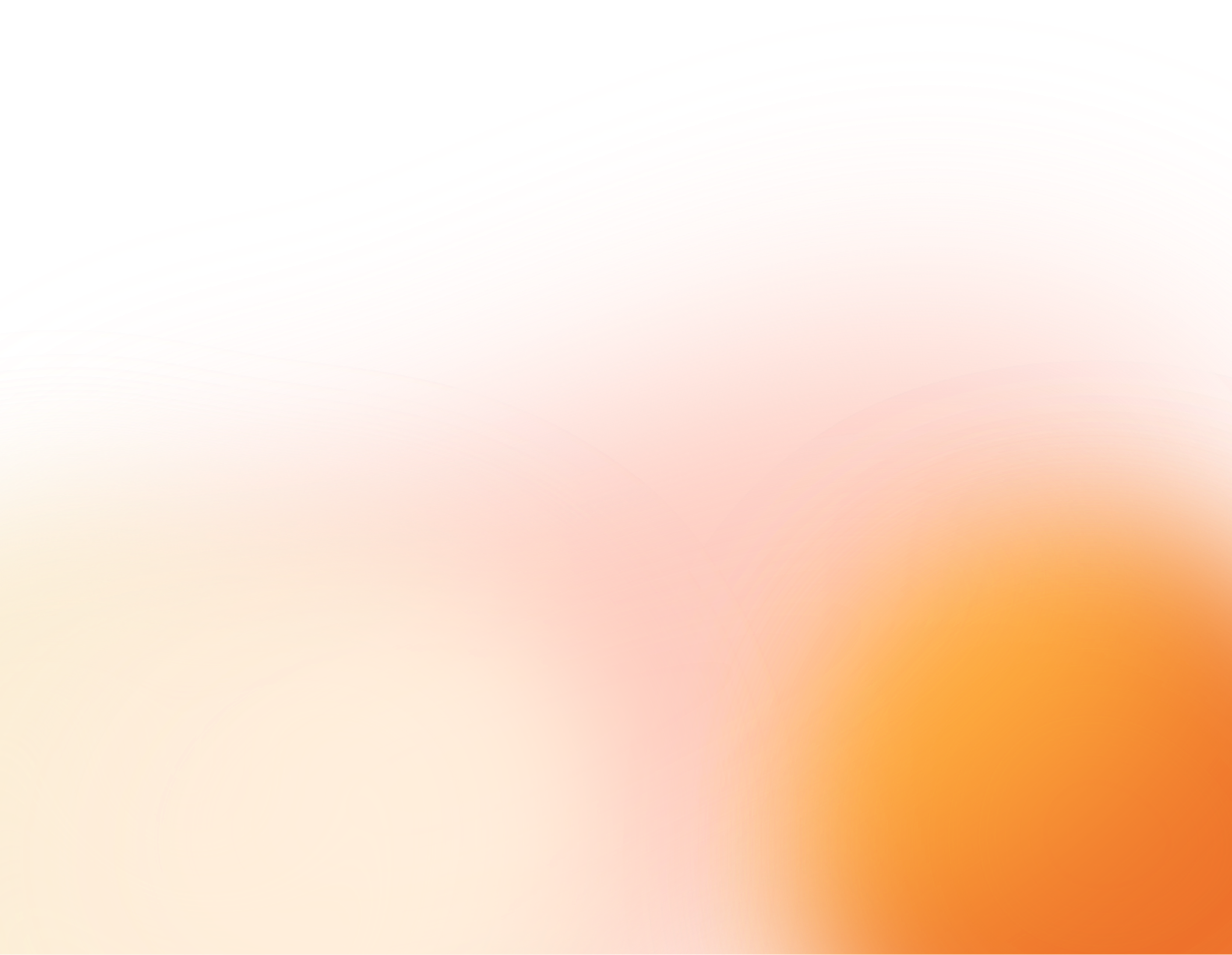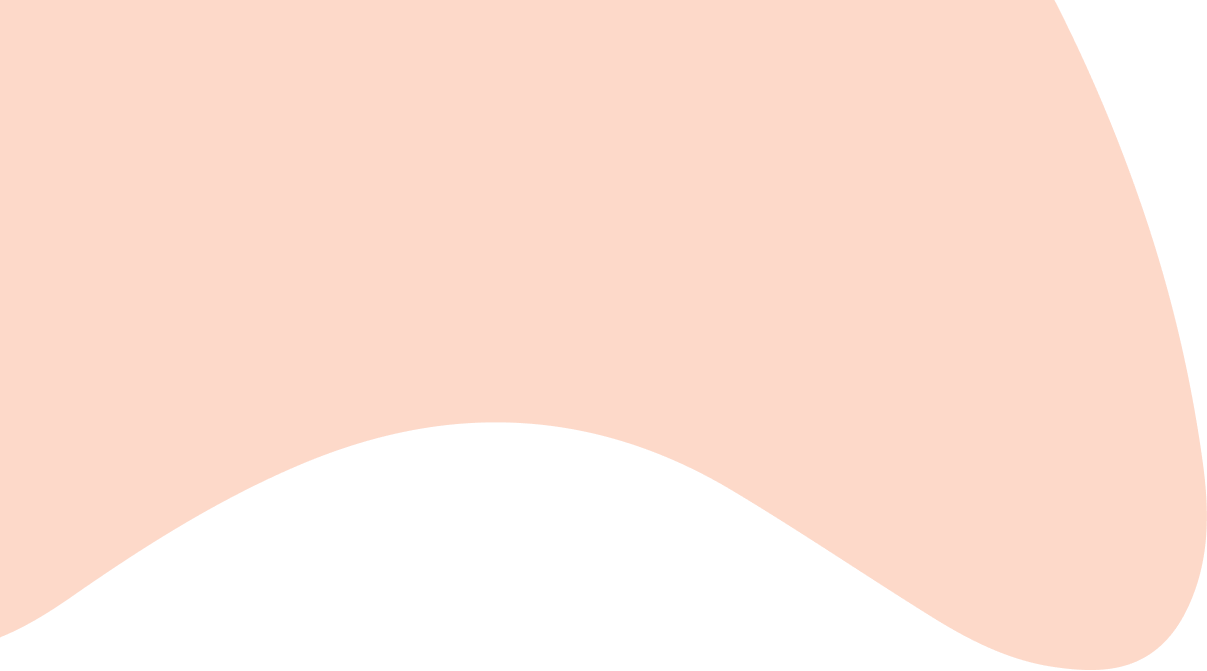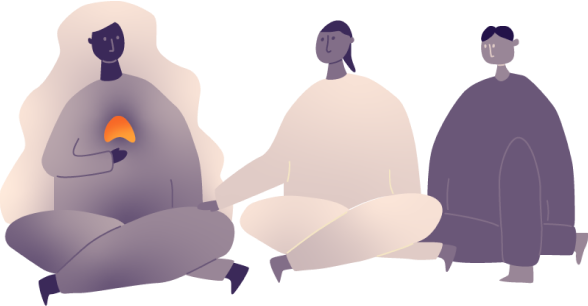Awhi is still in development, we'd love your feedback and suggestions. Let us know.
A Diet High in Processed Foods, Total Carbohydrates and Added Sugars, and Low in Vegetables and Protein Is Characteristic of Youth with Avoidant/Restrictive Food Intake Disorder
Stephanie G Harshman
Summary
Avoidant/restrictive food intake disorder (ARFID) is characterized in part by limited dietary variety, but dietary characteristics of this disorder have not yet been systematically studied. Our objective was to examine dietary intake defined by diet variety, macronutrient intake, and micronutrient intake in children and adolescents with full or subthreshold ARFID in comparison to healthy controls. We collected and analyzed four-day food record data for 52 participants with full or subthreshold ARFID, and 52 healthy controls, aged 9–22 years. We examined frequency of commonly reported foods by logistic regression and intake by food groups, macronutrients, and micronutrients between groups with repeated-measures ANOVA. Participants with full or subthreshold ARFID did not report any fruit or vegetable category in their top five most commonly reported food categories, whereas these food groups occupied three of the top five groups for healthy controls. Vegetable and protein intake were significantly lower in full or subthreshold ARFID compared to healthy controls. Intakes of added sugars and total carbohydrates were significantly higher in full or subthreshold ARFID compared to healthy controls. Individuals with full or subthreshold ARFID had lower intake of vitamins K and B12, consistent with limited vegetable and protein intake compared to healthy controls. Our results support the need for diet diversification as part of therapeutic interventions for ARFID to reduce risk for nutrient insufficiencies and related complications.
Was this resource helpful to you?


The Awhi Ngā Mātua team would like to thank Takai, the IHC Foundation and the Dines Family Charitable Trust for their generous contributions to our work. A huge thank you also to the IHC Programmes team, in particular the IHC Library which has worked so hard to make their remarkable collection available to us.







